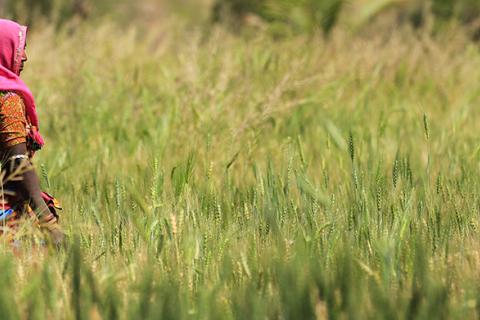
Topics and Regions
As a member of RRI’s communications team, Lindsay oversees the publications production process and supports writing, outreach, and storytelling initiatives for the RRI coalition. Previously, she worked with communications teams for nonprofit organizations in the U.S. and Peru; most recently, she managed the communications program for the Guatemala Human Rights Commission/USA. She holds a master’s degree in public policy from Boston University and a bachelor’s degree in communications from Syracuse University.
Details
Location
Contributions
Displaying 1 - 2 of 2Why is land such an important source of power for indigenous and community women? Four experts weigh in
Indigenous and local community women play crucial roles as household and forest managers, food providers, and leaders of rural enterprises—and make invaluable contributions toward global sustainable development and climate goals. The evidence is clear that securing their rights to community lands offers a promising path toward prosperity and sustainability in the forested and rural areas of the world. Yet these rights remain constrained by unjust laws and practices, and the voices of these women are consistently underrepresented in decision-making processes at all levels.
Case for optimism: Real-world success stories of indigenous and rural women claiming their rights
Across the globe, indigenous and rural women make invaluable contributions to their communities and toward global sustainable development and climate goals. They use, manage, and conserve the community territories that comprise over 50 percent of the world’s land and support up to 2.5 billion people.


